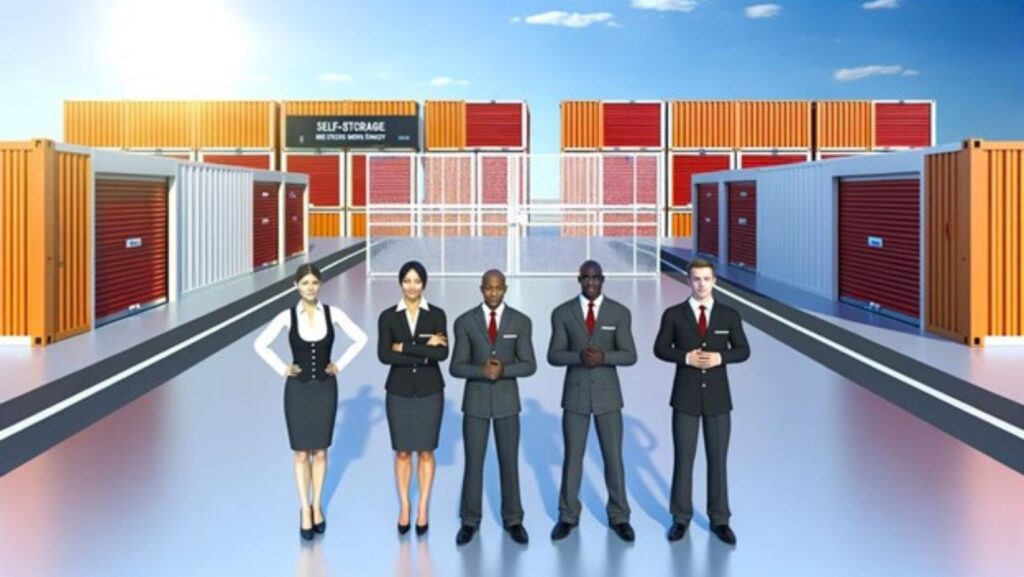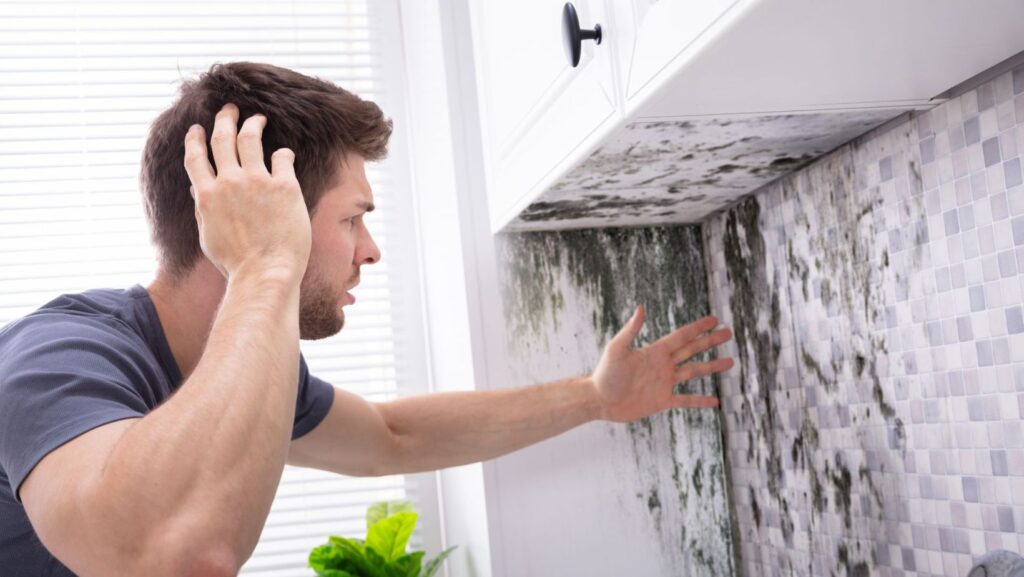Finding the perfect self-storage unit can feel like searching for a needle in a haystack, but it doesn’t have to be that challenging. You have plenty of options, from drive-up access units for quick stops to climate-controlled spaces for your valuable items. Don’t forget about the various sizes and security features that can make a huge difference in protecting your belongings. Plus, understanding pricing and promotional offers can help you make a smart financial decision. So, what are the key factors you should weigh when choosing the right self-storage unit?
Types of Self Storage Units
When considering self storage options, you’ll find a variety of unit types designed to meet different needs and preferences. One popular choice is units with drive-up access. These allow you to pull your vehicle right up to the door of your storage unit, making it incredibly convenient for loading and unloading heavy or bulky items. If you’re planning frequent trips to your unit, drive-up access can save you a lot of time and effort.
On the other hand, indoor storage units offer an added layer of protection and security. These units are located within a larger building, providing shelter from the elements. If you’re storing items that could be damaged by rain, snow, or extreme temperatures, indoor storage is a wise choice. The added security of being inside a building also means your belongings are less accessible to potential thieves.
Both drive-up access and indoor storage units cater to different storage needs, so it’s crucial to assess what’s most important for your situation. Consider factors like accessibility, the nature of the items you’re storing, and the frequency of your visits to determine the best type of unit for you.
Climate-Controlled Storage
Opting for climate-controlled storage ensures your belongings are protected from extreme temperatures and humidity, making it an ideal choice for valuable or sensitive items. Whether you’re storing wooden furniture, electronics, documents, or artwork, climate-controlled units can maintain a stable environment that prevents damage caused by temperature fluctuations and excess moisture.
Humidity control is crucial if you want to avoid mold, mildew, and warping, all of which can ruin your possessions. By keeping humidity levels within an optimal range, these storage units provide a safeguard against deterioration.
Similarly, temperature regulation is essential to prevent the expansion and contraction of materials, which can lead to cracks and other structural issues.

Climate-controlled storage units often come with advanced HVAC systems to ensure consistent conditions. You won’t have to worry about the sweltering heat of summer or the freezing cold of winter affecting your items. Instead, these units maintain a balanced climate year-round, offering you peace of mind.
Unit Sizes and Dimensions
Understanding the various unit sizes and dimensions available can help you choose the perfect storage solution for your needs. Self-storage units come in a range of sizes, catering to different storage capacities and requirements. Common unit measurements include 5×5, 5×10, 10×10, 10×15, and 10×20 feet.
A 5×5 unit, roughly the size of a small closet, is ideal for storing seasonal items, small furniture, or boxes.
Moving up, the 5×10 unit doubles the space, accommodating the contents of a small one-bedroom apartment, including a couch, mattress, and several boxes.
The 10×10 unit offers a significant increase in storage capacity, suitable for a one to two-bedroom apartment, holding larger furniture and appliances.
For those needing even more space, the 10×15 unit can store the contents of a two to three-bedroom home, including bulky items like pianos or large dining tables.
The 10×20 unit provides ample room for a full household’s belongings or even a vehicle, making it a versatile option for extensive storage needs.
Security Features
Ensuring the safety of your stored items, self-storage facilities offer a range of sophisticated security features designed to provide peace of mind.
One of the primary methods used is surveillance systems. Modern storage units are equipped with high-definition cameras strategically placed to cover the entire facility. These cameras operate 24/7, ensuring that any suspicious activity is promptly recorded and can be reviewed if necessary.
Another critical security feature is access control. Many facilities utilize electronic gate access, which requires a unique code or keycard to enter the premises. This ensures that only authorized individuals can access the storage area. Some advanced facilities even offer biometric access, such as fingerprint or facial recognition, adding an extra layer of security.
Additionally, individual unit alarms are becoming more common. These alarms are triggered if someone attempts to access a unit without authorization.
On-site security personnel often patrol the area, providing a human element to the security measures in place.
With these comprehensive security features, you can trust that your valuables are well-protected in a self-storage facility. This ensures that you can store your items with confidence and without worry.
Cost and Pricing
When considering self-storage options, it’s essential to evaluate the cost and pricing structure to ensure it fits within your budget. Start by understanding current pricing trends in the self-storage market. Rates can vary significantly based on location, unit size, and additional features like climate control. By staying informed about these trends, you can make more cost-effective decisions.
Conducting a thorough cost comparison between different storage facilities is crucial. Look for any promotional offers, such as first-month discounts or long-term rental deals. These can substantially reduce your overall expenses. Additionally, consider the base rate and any extra charges for services like 24/7 access or insurance. Some facilities might offer lower rates but tack on hidden fees, so it’s important to read the fine print.
You should also assess the value you’re getting for the price. For instance, a slightly higher rate might be justified if the facility offers superior security features or better customer service. Make sure to weigh all these factors to find a storage solution that offers the best balance between cost and benefits. This approach ensures you’re not just going for the cheapest option but the one that provides the most value.
Location and Accessibility
Choosing a self-storage facility with a convenient location and easy accessibility is vital to ensure you can effortlessly reach your belongings whenever needed.

Urban convenience plays a significant role if you live in a bustling city. Facilities located in urban areas often offer extended hours, sometimes even 24/7 access, making it easy for you to drop by before or after work. These locations are typically well-lit and secure, adding an extra layer of comfort and safety.
On the other hand, rural locations might offer advantages such as lower prices and larger unit sizes. If you don’t need to access your items frequently, a rural storage facility could be a cost-effective solution. These facilities often boast expansive grounds, making it easier to maneuver larger vehicles like trucks and trailers.
When evaluating a storage unit, consider the proximity to major highways or public transportation options, as this can significantly impact your ability to access your storage unit conveniently. Take note of the facility’s security measures, such as surveillance cameras, gated access, and on-site personnel.
Conclusion
When searching for self storage near me, options abound that cater to every conceivable need. You absolutely can’t overlook the unparalleled convenience of drive-up access units or the fortress-like security of indoor storage.
Climate-controlled units are nothing short of a miracle for safeguarding your precious items. By meticulously evaluating unit sizes, security features, and pricing, you’ll find the perfect storage haven.
Trust me, your belongings will be thanking you for the royal treatment!



